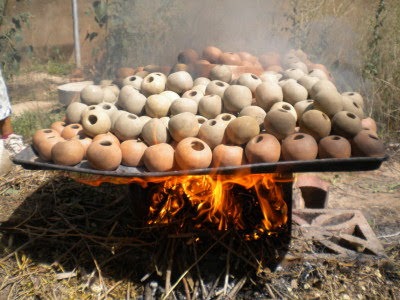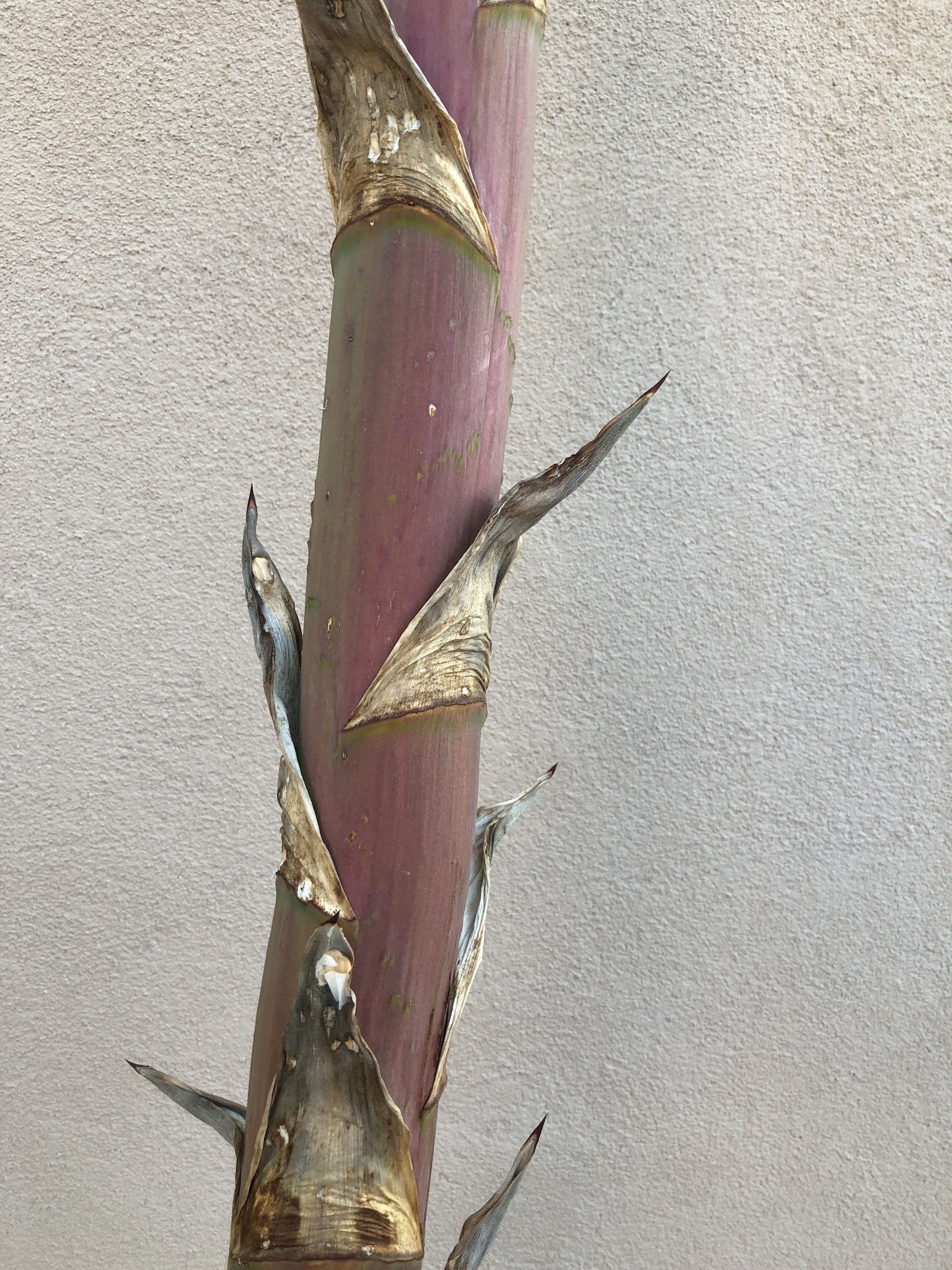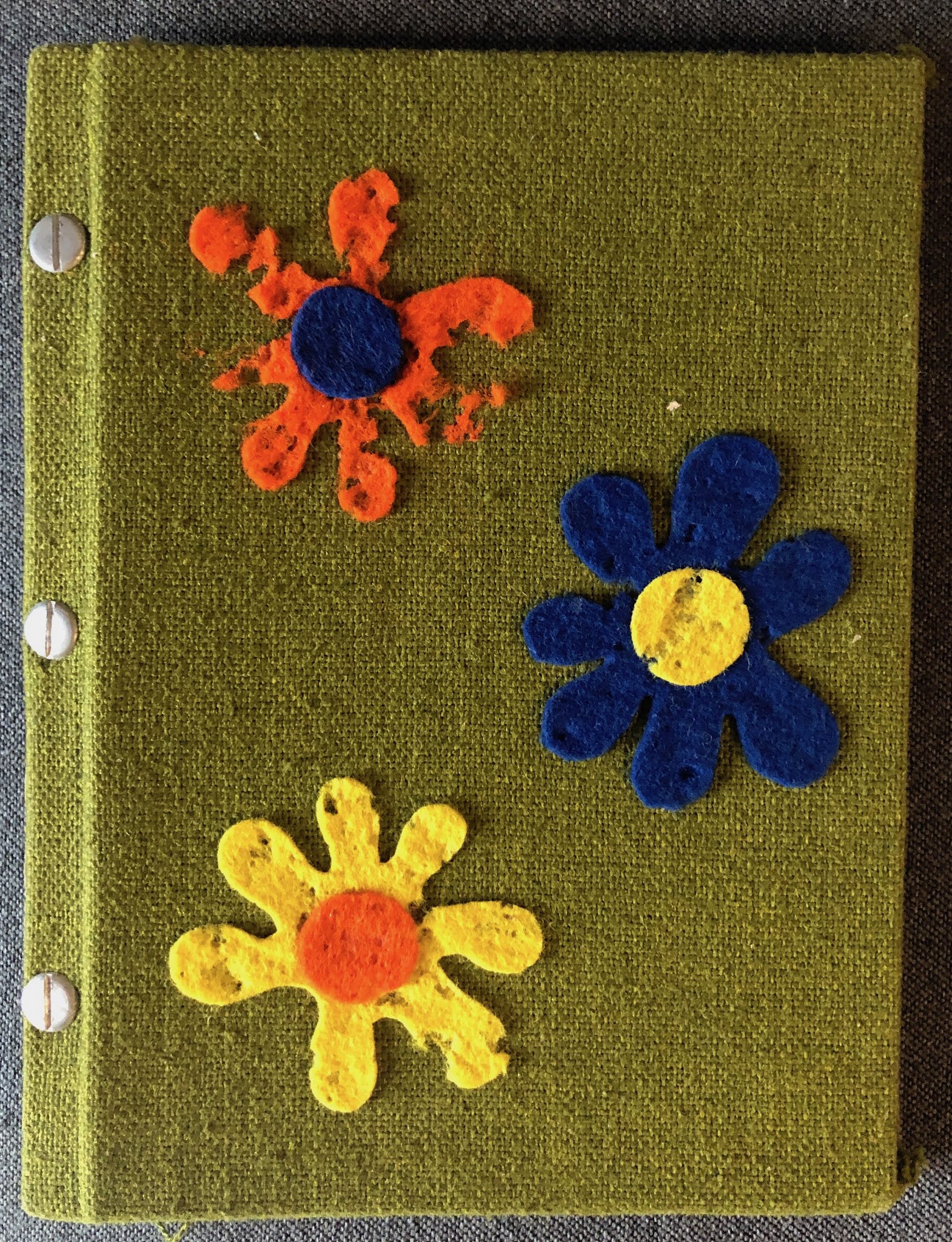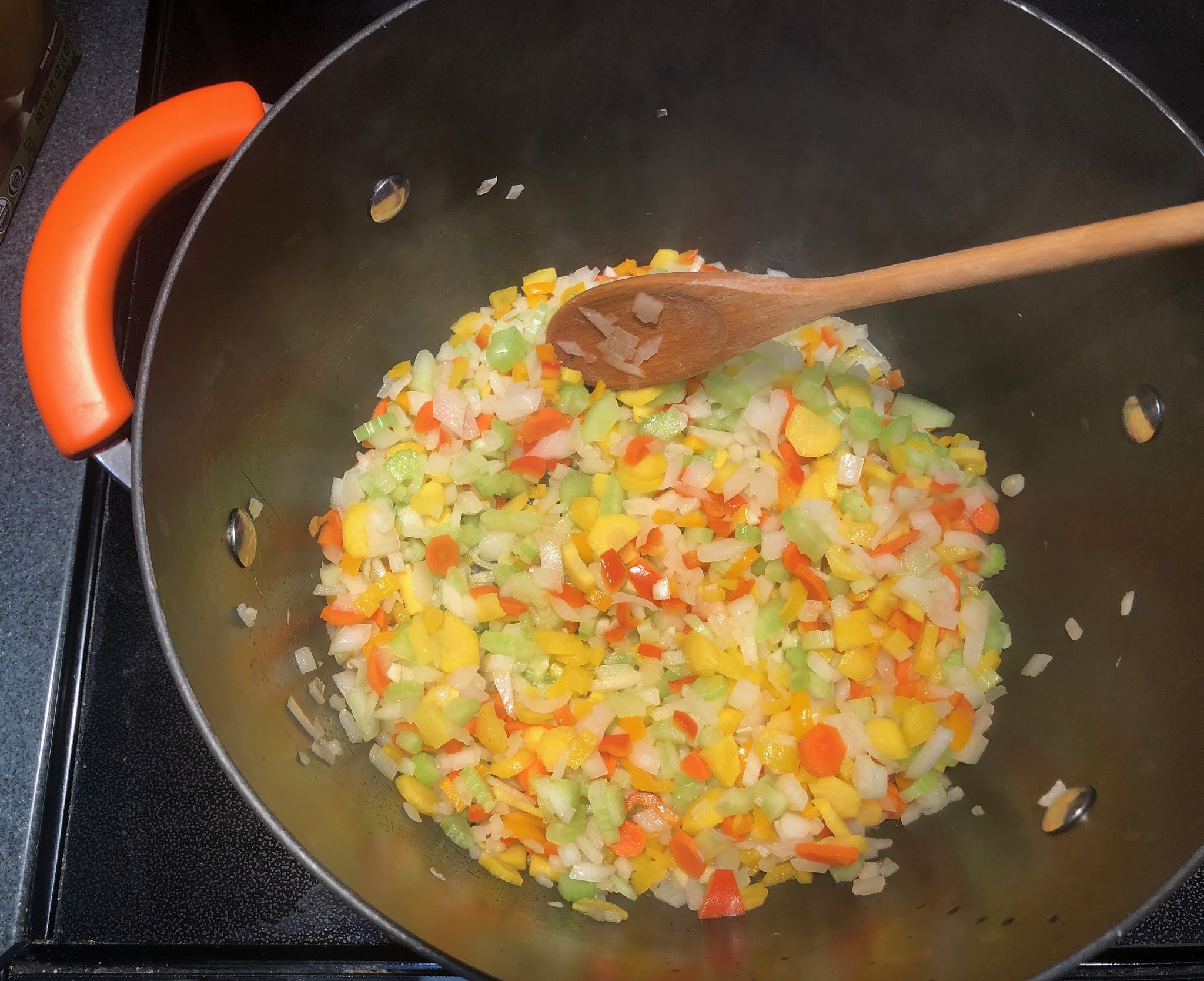I delivered the following brief sermon at my ordination as an interfaith minister Sept. 25, 2010. I found myself talking to friends recently about the “Divine Sparks,” and decided to share it here with you. —Hollis
In the beginning—even before God was God—there was only Ayn Sof: Inifinite energy. In order to take form—to begin to Be—Ayn Sof emanated vessels, and into those vessels poured the Divine Light. But alas, some of the vessels couldn’t contain such pure and powerful stuff, and so they shattered. And with them, some sparks of the Divine Light scattered throughout time and space.
This is part of the creation story advanced by the 16th-century Jewish mystic Isaac Luria. It’s the foundational legend of kabbalah, and an archetypal myth that has echoes in every faith tradition.
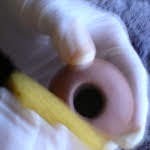 |
| Photo: Hollis Walker |
The beauty of this essential world tale is in its solution to sh’virah ha-kelim, the shattering of the vessels: Our job is to search out the lost sparks of Divine Light hidden in people, things and situations. Our mission is no less than tikkun la-shalem, the repair to wholeness, the reconnection of the lost sparks with the greater Divine Light—the sparks out there, but also the sparks inside us. We must work as hard at uncovering the divinity within ourselves as we do at raising the sparks in the larger world.
Five years ago, before I’d ever heard of Isaac Luria or considered attending seminary, a friend of my partner’s and mine, Kathy Stanwick, began to die. She was only 56 years old. Not long before, I had taken a ceramics class in micaceous clay, a naturally occurring clay that contains shiny, transparent, glass-like bits of mica. I’d learned to make the most basic of hand-built clay vessels, called a “pinch pot.” In my struggle to accept Kathy’s death, I decided to use that sparkly dark micaceous clay to make a pinch pot every day for a year. I felt it would help me come to value each day of my life more than I previously had, and in the process honor Kathy as well.
My one-year project took five to complete. But by then I had been studying kabbalah for nearly a year, and saw in my little pots a lovely allegory for Luria’s creation story. Finally, last month, I took the 365, three-inch-tall pots to the home of my former ceramics teacher. We fired my vessels in the traditional way, outdoors, above ground, in a conflagration of pine and cottonwood and cow chips.
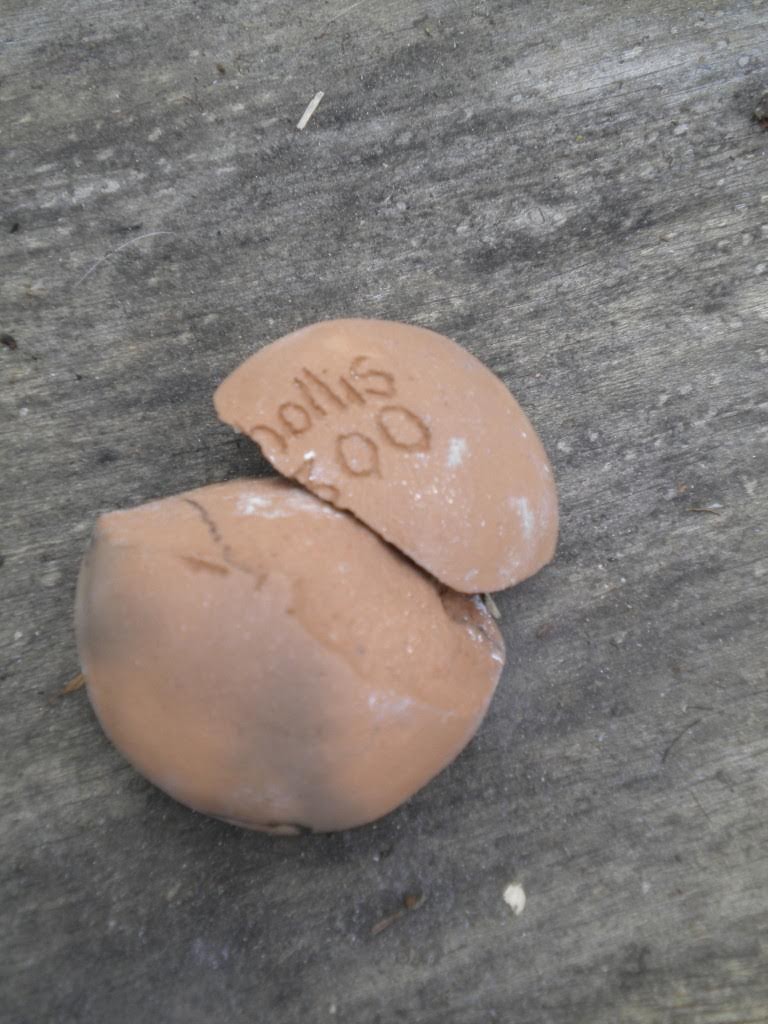 Once, years before, I’d watched a very old Pueblo Indian woman fire her ceramics in exactly this manner. While we sat talking and tending her wood-and-dung fire, we heard an occasional distinctive pop!— the sound of one of the vessels breaking. She shrugged. “That one wasn’t good enough,” she said, or, “That one wasn’t ripe.” An air bubble, a minuscule stone, any hidden fault in a pot can cause one of those heartbreaking “pops.” I knew that some of my little pots wouldn’t be able to withstand the heat, any more than the expertly made pots of the Indian woman—any more, in fact, than the very first vessels could contain the Divine Light.
Once, years before, I’d watched a very old Pueblo Indian woman fire her ceramics in exactly this manner. While we sat talking and tending her wood-and-dung fire, we heard an occasional distinctive pop!— the sound of one of the vessels breaking. She shrugged. “That one wasn’t good enough,” she said, or, “That one wasn’t ripe.” An air bubble, a minuscule stone, any hidden fault in a pot can cause one of those heartbreaking “pops.” I knew that some of my little pots wouldn’t be able to withstand the heat, any more than the expertly made pots of the Indian woman—any more, in fact, than the very first vessels could contain the Divine Light.
So imagine my surprise when I saw the outcome in the ashes of my fire: Of all 365 pots, only one had broken. It seemed like a miracle. It also seemed symbolic, a poignant reminder of my own brokenness, my own imperfection. When my teacher and I gently rubbed the soot from the surfaces of the still-hot pots, they proved to be a beautiful variety of colors: some pinkish, some orange, some blackened with “fire clouds.” But all of them had one thing in common: They sparkled.
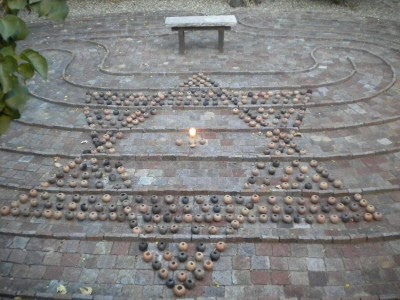 Since that day, I have used the pots in an ongoing photographic project. Each time I handle them, I remember Kathy, and all those I loved who have died in the last five years. I think about Luria’s story of creation, and contemplate what my divine vessels can teach me as I forge my future. Along the way I have come to value one pot above all the rest, and I make sure to give it a place of prominence in the arrangements I create: This is my favorite pot. . . .the broken one, of course.
Since that day, I have used the pots in an ongoing photographic project. Each time I handle them, I remember Kathy, and all those I loved who have died in the last five years. I think about Luria’s story of creation, and contemplate what my divine vessels can teach me as I forge my future. Along the way I have come to value one pot above all the rest, and I make sure to give it a place of prominence in the arrangements I create: This is my favorite pot. . . .the broken one, of course.
May you, too, discover the Divine Light hiding in the broken parts of yourselves, and in your lives. May you join in the tikkun, the healing of yourself and our world. And may you ever be engaged in raising the sparks.
